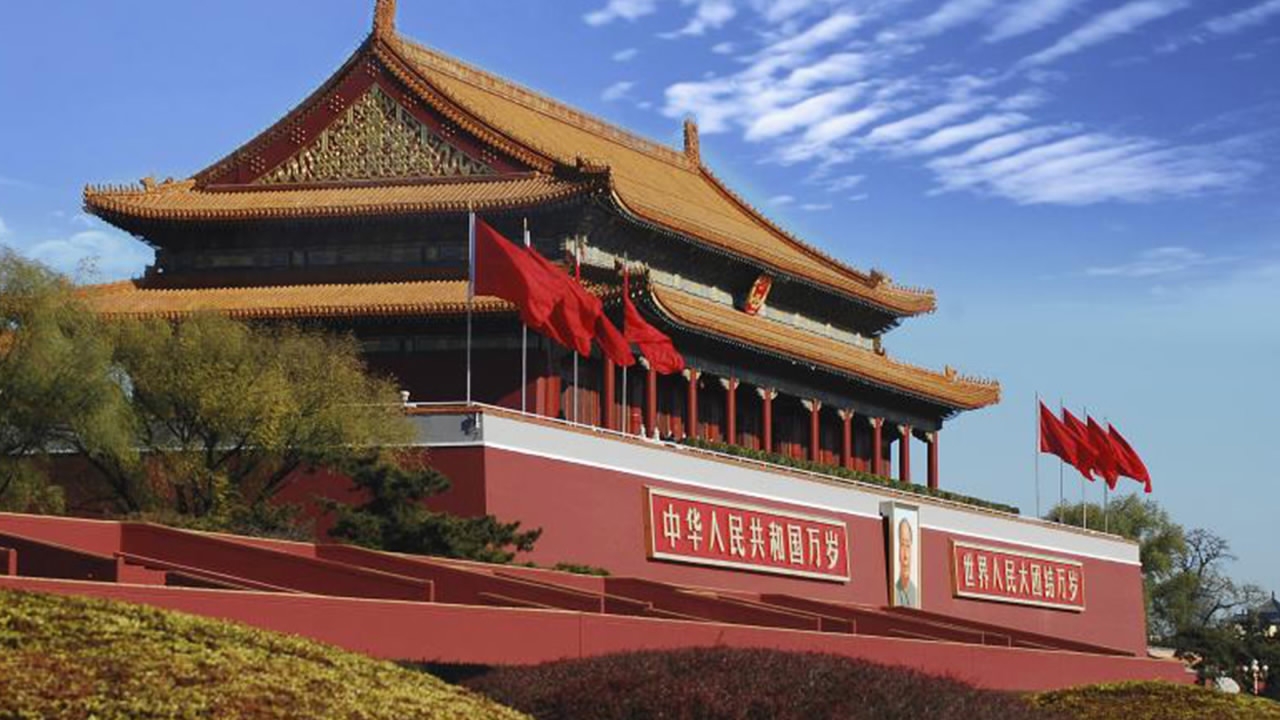
Politics
12:42, 14-Oct-2017
Closer to China: Xi’s renewal of the Party
CGTN

President Xi Jinping has elevated strict discipline of the Communist Party of China (CPC) to the highest level of national importance, initiating an unprecedented anti-corruption campaign.
President Xi’s determination to root-out corruption – caging “tigers” and swatting “flies”, and cutting the wasteful and detested perks of officialdom – is altering how Party officials in government, and Party executives in state-owned enterprises, work and even think.
In addition to building clean government, Xi’s anti-corruption enforcement is said to enhance political stability and unity by eliminating disruptive factors and improving the efficient allocation of resources.
The CPC is a work in process. For the world to understand China, one must understand why the Party asserts that its continuing political leadership is optimum for China’s development.
Closer to China with R.L. Kuhn spoke to CPC insiders to discover more about the significance of “Xi’s renewal of the Party.”
Adapt to achieve prosperity
One key to the Party’s enduring success is its adaptability, stressing experimentation and testing of new policies.
With the introduction of “Socialism with Chinese Characteristics,” the CPC acknowledged that it is not practical to apply Western Marxism and Leninism mechanically to Chinese society. But practically, how to adapt current conditions and keep up with time is quite a challenge.
“Keeping up with the times is highly critical to the CPC,” Xie Chuntao, from the Party School of the CPC Central Committee, told Closer to China. “As conditions evolve, the Party must adapt in order to achieve prosperity. Otherwise, the only way out is to perish.”
Xie noted that the CPC had experienced “both frustration from failure and happiness from success,” but that changed in the late 1970s.
“The twists and turns lasted until leaders like Mr. Deng Xiaoping righted the party’s wrongdoing with reform and opening up, and tailored new policies based on new conditions that arose in China,” Xie said.
“Mr. Deng Xiaoping later offered a new interpretation for socialism. He claimed that China is aiming for socialism with Chinese characteristics, which differs from socialism in the Soviet Union and the brand of socialism China used to pursue.
“I believe the key to our success in reform and opening up lies in this new judgment. Later, the CPC members concluded that the party must keep up with the times to continuously develop Marxism and Leninism or else the Party’s future would be doomed.”
Decision-making in the CPC
The CPC is a huge organization, the size of which could curb efficient decision-making. The ability of the Party to adapt to changing conditions in an accurate and efficient manner is a key concern.
“Ever since reform and opening up, the CPC Central Committee’s decision-making has been constantly moving toward a more democratic and scientific end,” Xie explained. “If it wants to study any issue, members would start one year in advance.”
A topic will only be settled on after provincial Party committees, ministerial level Party cadres, and others reach a consensus, Xie added.
“When the time for the official meeting finally comes, people have already reached a consensus. So even if there is still modification and revision, it will be very specific, concerning wording and technicalities. Because people agree on the document, an easy approval is but a natural result.”
Checks and balances
China’s unique political system makes the CPC the country’s ruling party, prompting concerns among some about effective checks and balances.
Yan Hongge, from China Training Center for Senior Personnel Management Officials, told Closer to China that a “comprehensive intra-party supervision system” is in place.
“Organizations like the Party discipline inspection department are responsible for implementing disciplinary measures and guidelines, making suggestions, and supervising how Party cadres and leaders are carrying out rules in practice. This is what we refer to as internal supervision.”
Yan added that the Party also has legal supervision from the National People’s Congress (NPC), and democratic supervision from the Chinese People’s Political Consultative Conference (CPPCC).
“The CPC promotes political consultation for democratic supervision where every party participates in the administration of state affairs. So whatever policies the CPC wants to issue, democratic parties will be consulted for suggestions.
“The eight major democratic parties in China, as well as the All-China Federation of Industry and Commerce, participate in decision-making for important measures. Their participation itself is an effective way of supervising officials. More so, supervision by the public is everywhere in today’s society through the Internet, in the NPC, the CPPCC, and other venues. Corrupt officials have nowhere to hide because of pervasive public supervision.”

SITEMAP
Copyright © 2018 CGTN. Beijing ICP prepared NO.16065310-3
Copyright © 2018 CGTN. Beijing ICP prepared NO.16065310-3